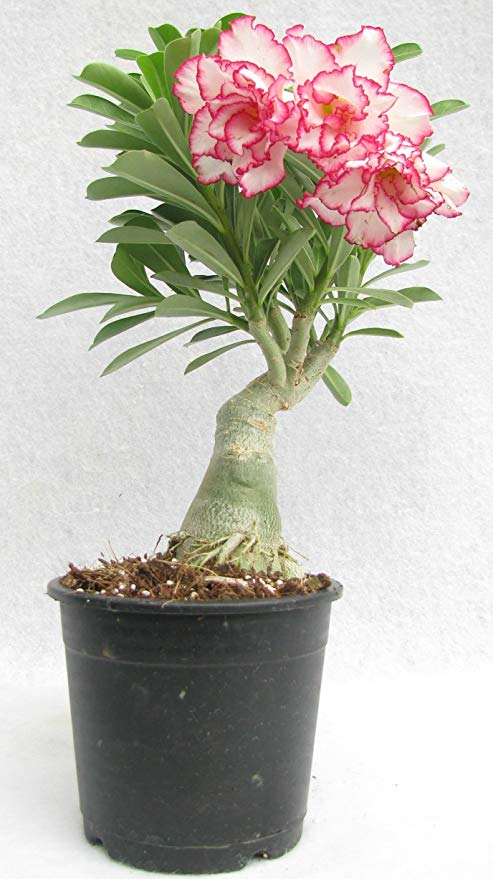Geranium or Pelargonium graveolens is from the geranium family (Geraniaceae). The plant is native to South Africa and has been exported likely. From there it had been re exported and hybridized around the world into the British and French colonies. Now geranium oil does not come in the stinky hybridized plants we have annually on our patios but instead in the rosey geraniums. Today geranium is significant oil for mixing in the perfume business, often employed as a substitute in the place of rose oil–that is why it can be known as the poor man’s rose. Even though it is cultivated around the world twenty two, the majority of the oil comes from the island of Réunion, east of Madagascar.
Traditionally geranium has been used for excessive bleeding, dysentery, hemorrhoids, inflammations and skin care since the times of antiquity. It was also used for diarrhea and peptic ulcers. We would find geranium oil to have an uplifting, calming and strengthening effect on the system. It is oil for treating menopausal symptoms such as vaginal dryness and hot flushes. It is an effective remedy for gastroenteritis or dysentery. The oil rubbed on the abdomen for GI disturbances and can be diluted with carrier oil. Geranium helps rose maintenance promote blood flow and it promotes normal liver function. Geranium oil is very good for clearing up skin and is famous for its skincare properties. Geranium’s particularly beneficial if you feel stuck and are reluctant to move on to another stage in life. For recovery, geranium is used to promote the sensation of being soothed, protected and mothered, and relaxation, modification, regeneration, equilibrium, confidence, tranquility, steadiness.

Primarily Geranium acts as a general tonic for mind and the body. It is beneficial for menopausal symptoms and anti-fungal. It blends well with lemon, grapefruit, lavender, rosemary, Roman chamomile, peppermint, clove, clary sage, ginger, palmarosa, ylang ylang, sandalwood, mandarin, juniper, cypress, bergamot, fennel, frankincense, orange, lavender, and rose. Geranium oil rubbed on the body and used in steam inhalation could be diffused or applied either on the body or diluted with a carrier oil or lotion. In terms of security, geranium is non-irritating and non-toxic. Think about getting a certified aromatherapist. Educational courses in aromatherapy and healing power can help you recognize how the body, mind and spirit heal. The leaves can be layered in a sugar bowl to provide a scent that is really appreciated in teas to the sweetener. Press leaves before baking and filling for an uplifting and sudden scent. Leaves are traditionally used to impart a number of aromas.
Recent Comments